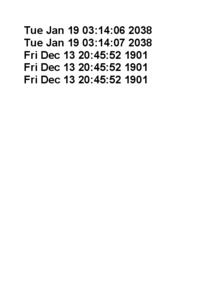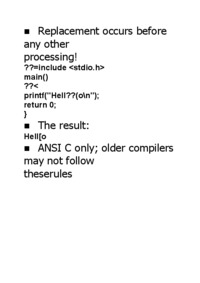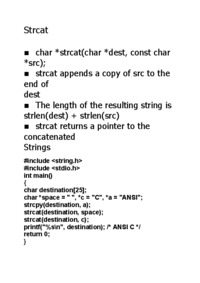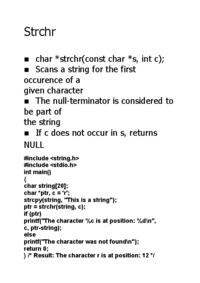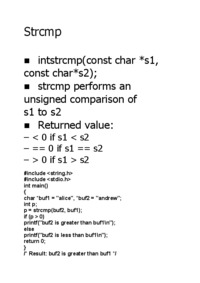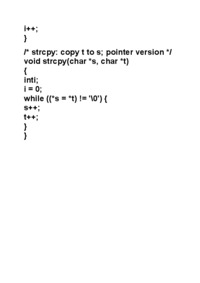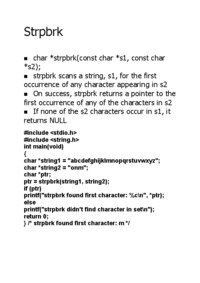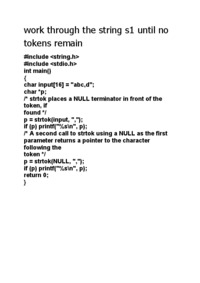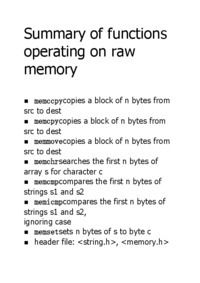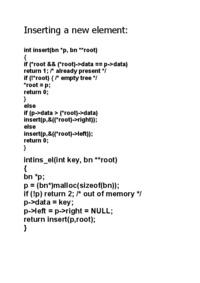The Year 2038 Bug
- Politechnika Śląska
- Fundamentals of Computer Programming
The Year 2038 Bug Tuesday, January 19, 2038, GMT 03:14:07 The counter will overflow and go to negative numbers Proposed solution: use 64-bits numbers - moves the problem to Sunday, December 4 th , year 292 277 026 596 - would be a total solut...

